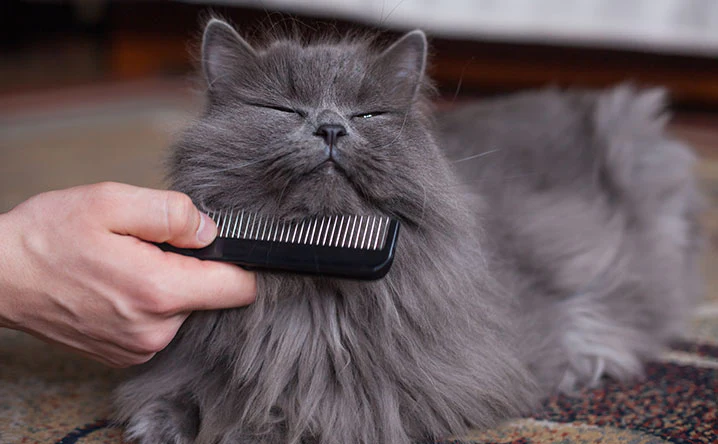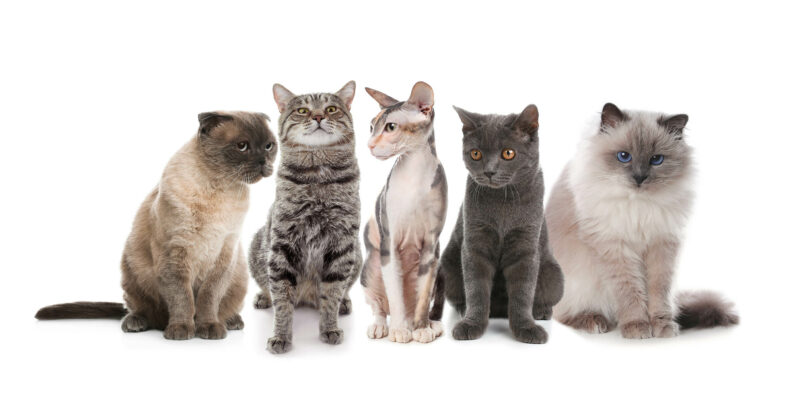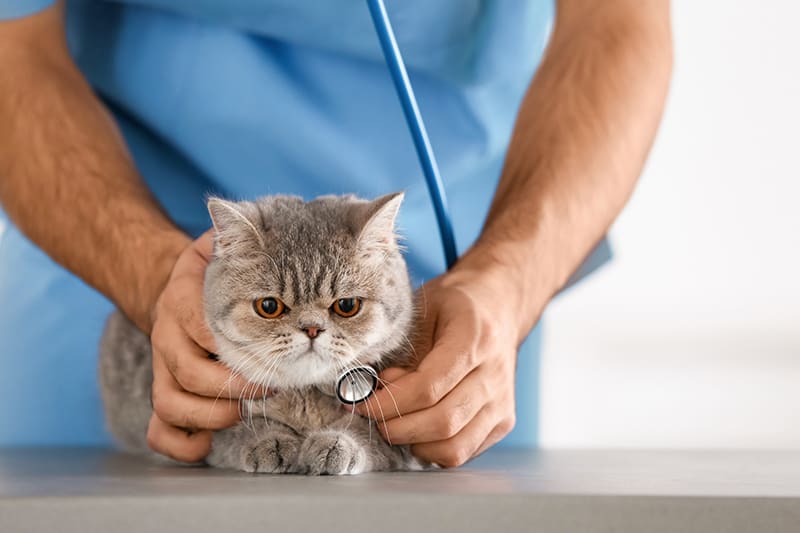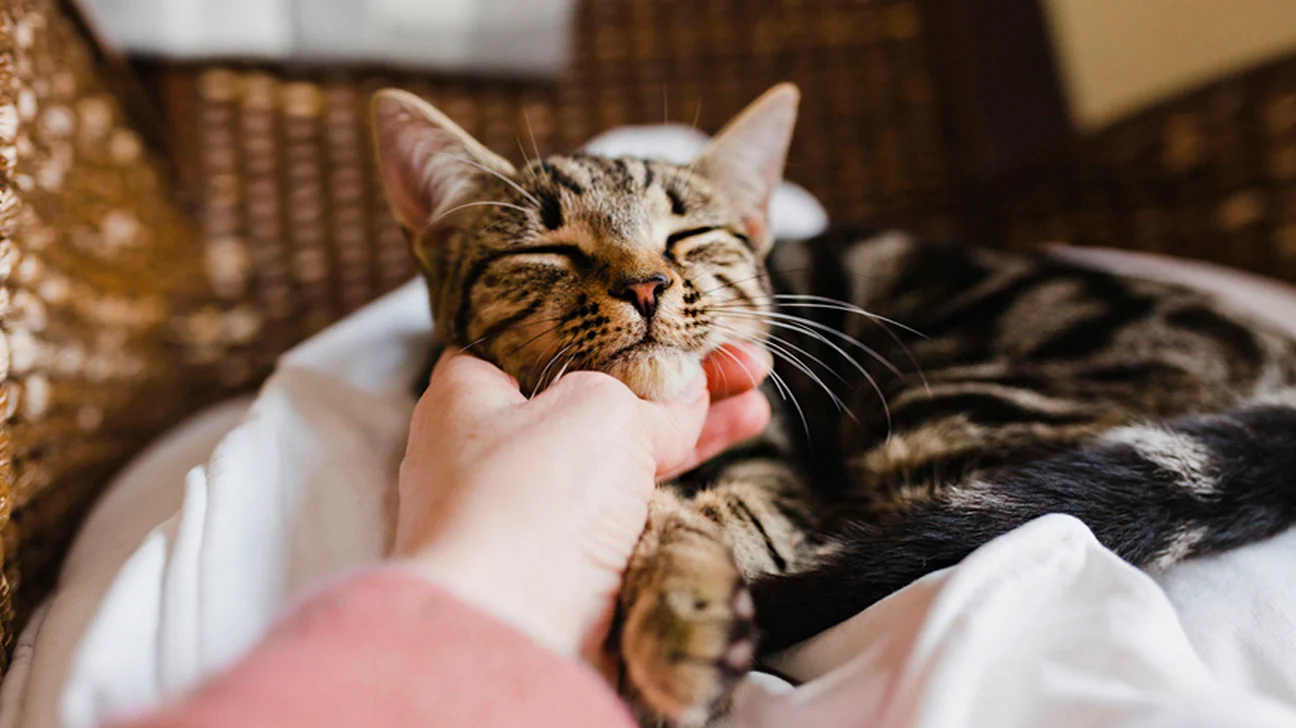Caring for Your Senior Feline Companion
Anúncios
As our feline friends age naturally, their needs and desires change, so we need to care for them more. To properly care for an older cat, you need to know how to deal with the changes and challenges that come with age. This complete guide covers the most important things you can do to ensure your senior cat’s golden years are filled with comfort, health and happiness.
1. Understanding the Aging Process:
It’s important to understand how cats age so you can provide them with the best care possible. Cats are generally considered senior when they are 7 to 10 years old, depending on their breed, genetics and overall health. It takes a while for cats to age, and noticing the signs can help you meet their changing needs.
2. Signs of Aging Cats:
Behavioral Changes: Cats may become less friendly or less playful as they get older.
Decreased Activity: As cats get older, they often become less active. They may sleep more and play less.
Weight Changes: Senior cats may gain or lose weight. Keeping a close eye on your weight is important to detect health problems early.
Dental Problems: As you get older, you may experience more dental problems. Older cats need regular dental care.
Problems with Cleaning: Older cats may have difficulty cleaning if they have arthritis or mobility problems. It can be important to get help with grooming.
3. Specially Formulated Food for Senior Cats:
Proper nutrition is an important part of caring for older cats. As cats age, their digestive and nutritional needs change. These changing needs can be met by switching to a premium cat food formula. Important things to consider are:
- Reduce Calories: Because older cats are less active, their diets often contain fewer calories.
- Support Joint Health: To help your knees develop as you age, look for foods that contain glucosamine and chondroitin.
- Digestive Health: Older cats may do better on foods that contain extra fiber to aid their digestion.
- Increase Moisture: To prevent kidney problems, feed your cat wet food or add water to dry food to stay hydrated.
- Regular Vet Checks: You will want to take your cat to your vet for regular checkups so that they can monitor his weight, check his teeth, and resolve any nutritional issues that may arise as a result of his health.
4. Providing Veterinary Care to Senior Cats:
As your cat gets older, regular checkups become even more important. Regular checkups can help detect and treat potential health problems early, meaning your older cat will have a better quality of life.
Common Veterinary Ideas
- Dental Care: Older cats often have problems with their teeth. Regular visits to the dentist may be necessary to stay healthy and prevent pain.
- How to Treat Arthritis: Cats often develop arthritis as they age. Your doctor may recommend that you take painkillers or supplements to control pain and make your joints more mobile.
- Organ Function: Older cats are more likely to have problems with their kidneys. Kidney health can be monitored through regular blood tests, and dietary changes may be recommended.
- Vision and Hearing: Regularly checking your pet’s vision and hearing can help you detect changes as it ages. Your vet can also give you advice on how to adapt your environment to these changes.
- Behavioral Changes: Cats can change in the way they behave as they get older. Discuss any concerns you have with your veterinarian about possible health problems that need to be ruled out.
5. Provide a Comfortable Environment:
Carefully adapting your cat’s living space to meet its changing needs is part of making it comfortable.
Thinking About the Environment
- Comfortable Beds and Warmth: To help people sleep well, place a soft, comfortable bed in a warm, quiet environment.
- Accessible Resources: Place litter boxes, food bowls and water bowls within easy reach. For people with limited mobility, a litter box with lower sides may be a good idea.
- Gentle Exercise Options: Give children toys that don’t touch the ground and gentle exercise options to keep their muscles strong and their minds active.
- Quiet Place: Cats, especially older cats, like quiet, safe places where they can relax.
- Adaptive Care: If your older cat is having grooming issues, help him. Grooming your pet regularly can help keep the hair under control and prevent it from becoming tangled.
Stimulate Body and Mind:
Staying mentally and physically active is important for the health of older cats. Attend activities that suit your tastes and capabilities.
Activities to Keep Senior Cats Busy
- Interactive Toys: The best options are toys that give your cat treats or stimulate your cat’s natural desire to hunt.
- Gentle Playtime: Although people may not be very active, gentle play with a feather toy or light pen can keep your mind active.
- Comfortable Perch: Cats like to look around and see what’s going on. Place comfortable seating near windows to keep people interested in what they see.
- Puzzle Feeders: Adding puzzle feeders to your meals makes them more fun and fun for your brain.
- Daily Cuddles: Senior cats often enjoy being quietly petted and cuddled. Set aside time every day to spend together.
Conclusion:
To care for your senior cat, you’ll need to take him to the vet for regular checkups, ensure he’s getting proper nutrition, and make changes to his living space. By understanding how cats age, caring for their health, and providing them with mental and physical stimulation, you can ensure that your senior cat can enjoy his or her final years in comfort, love, and respect. Remember that the bond you have with your feline friend will grow stronger as you experience the good and bad times of your later life together.
FAQs:
1. Should I change my cat’s diet as he gets older?
Yes, it is recommended to switch to a senior cat food to meet their changing nutritional needs. Consult your veterinarian for personal advice.
2. How can I help an older cat with arthritis?
Provide comfortable bedding, consider joint supplements, and talk to your vet about medications for arthritis pain.
3. Does my old cat sleep more normally?
Yes, more sleep is common in older cats. However, sudden changes in sleep patterns should be discussed with your vet.
4. Are there specific toys for older cats?
Older cats may prefer softer toys or toys that stimulate their senses without strenuous physical activity. Try to find out what your cat likes.
5. Should I be concerned about weight loss in my older cat?
Sudden or significant weight loss requires veterinary attention. It can indicate a variety of health problems that require prompt diagnosis and treatment.




